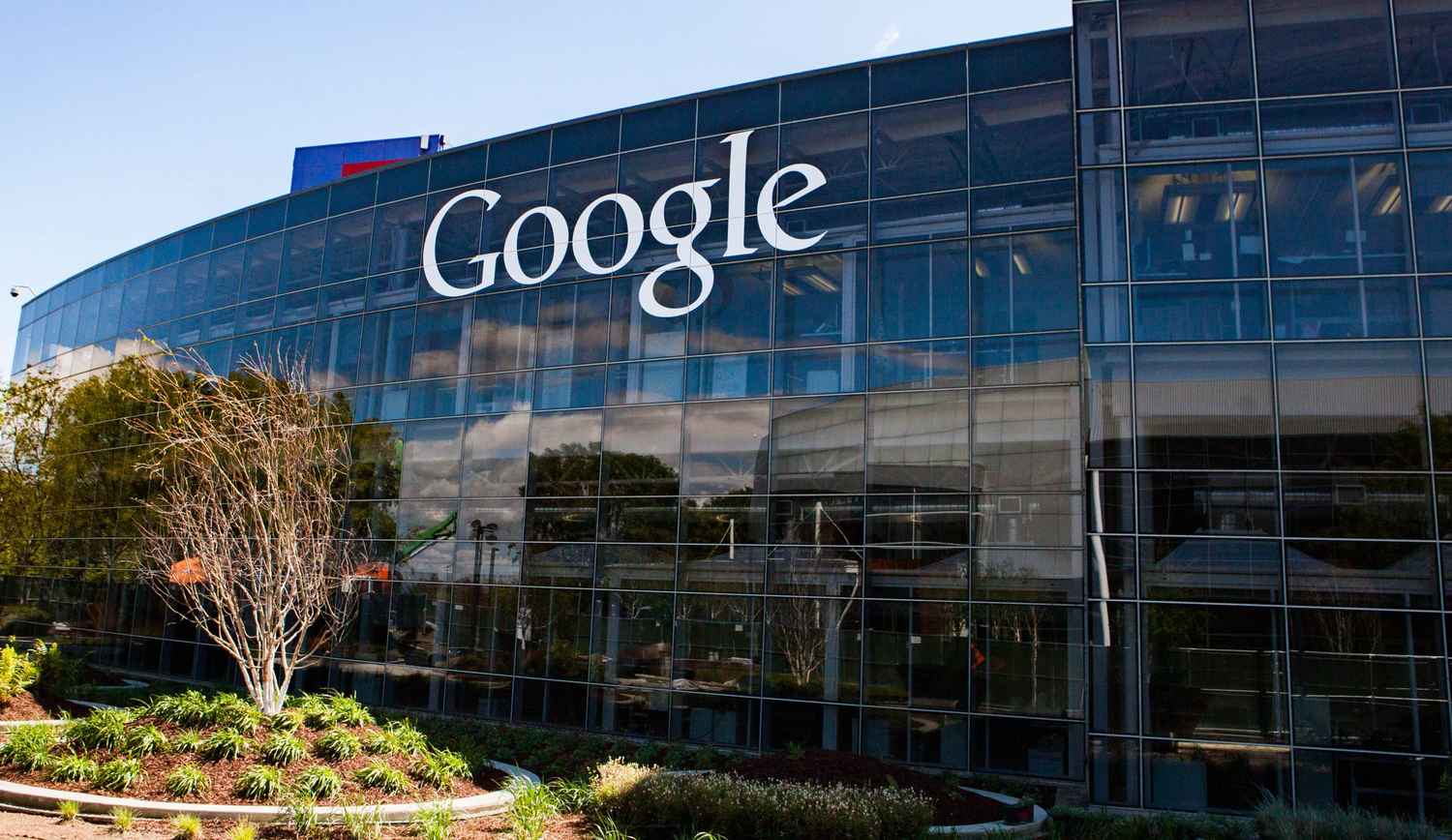Today marks the commencement of a significant antitrust trial against Google, set to unfold in a federal district court located in Alexandria, Virginia. This trial is poised to address serious allegations that Google has exploited its market dominance to undermine competition within the online advertising sector.
The legal confrontation stems from a lawsuit initiated by the Biden administration’s Department of Justice (DOJ) in January 2023, which has garnered support from 17 state attorneys general. The lawsuit accuses Google of intentionally violating antitrust laws to monopolize the digital advertising landscape. As legal expert Eleanor Fox from New York University Law School remarked, “This is a pivotal case for both sides,” hinting at the potential ramifications this trial could have on the tech giant and the broader industry.
This trial arrives at a challenging time for Google, following a recent ruling by US District Judge Amit Mehta. Just a month ago, Judge Mehta determined that Google had unlawfully monopolized the general search engine and search advertising markets. This prior ruling was also a product of DOJ initiatives, albeit launched during the Trump administration, and Google intends to appeal this decision.
Overview of the Allegations
The current case focuses on the government’s assertion that Google has employed anti-competitive strategies to secure dominance over crucial components of the ad tech industry, including ad servers, ad exchanges, and ad networks. Central to the allegations is the claim that Google initially infiltrated the digital ad market by leveraging its powerful search engine, subsequently cementing its position through a series of acquisitions of rival companies.
Google first launched Google Ads in 2000, enabling advertisers to purchase ad space on its search results pages, and subsequently extended its services to include ads on third-party websites. This expansion strategy has become critical to Google’s dominance in the market, facilitating a stronghold over both ad publishers and advertisers.
According to the DOJ, Google constructed what they refer to as a “moat” around the ad tech industry by developing a specialized ad server tailored for publishers. This tactic has seemingly allowed Google to establish control over both sides of the advertising ecosystem, positioning the company as a powerful intermediary capable of extracting significant profits from both advertisers and publishers alike.
Implications of the Trial
The outcome of this high-stakes trial will not only impact Google but may also set significant precedents for regulation within the tech industry. If the DOJ prevails, it could lead to greater scrutiny and potential reforms in how digital advertising operates, especially in regards to monopolistic practices. The implications could reach far beyond Google, affecting other big tech firms and their business models.
As the trial unfolds, all eyes will be on the courtroom proceedings to see how this landmark case will shape the future of both Google and the larger digital advertising landscape.












